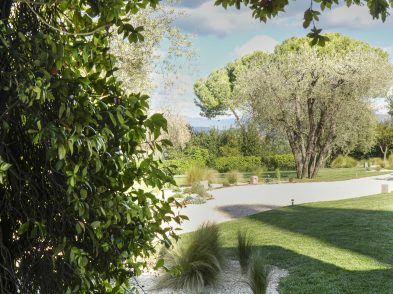“…there emerged Florence, a magic city where people thought and did the most extraordinary things.”
—E.M. Forster, A Room with a View
E.M. Forster wrote his extraordinary A Room with a View in 1908 and his words still resonate as loudly today as they did 106 years ago. But, for me, as I evolve, mature and become more enmeshed in Florentine life, Forster’s words take on a different hue and shades of meaning.
I first picked up the English writer’s ode to Florence when I moved to the Tuscan capital thirteen years ago. It’s an automatic reaction: young English girl moves to Florence, falls in love with the city and consolidates more than a touch of Stendhal syndrome by indulging her Piscean romanticism in reading A Room with a View.
At the time, I read the novel for the poetic references to my adopted city as well as for the love triangle between Lucy Honeychurch and her two suitors. For phrases of the calibre of “It was pleasant to wake up in Florence, to open the eyes upon a bright bare room, with a floor of red tiles which look clean though they are not… It was pleasant, too, to fling wide the windows, pinching the fingers in unfamiliar fastenings, to lean out into sunshine with beautiful hills and trees and marble churches opposite, and, close below, the Arno, gurgling against the embankment of the road.” For me, as a 21-year-old straniera who knew nothing of Florence and who was dazzled in equal measure by the city’s beauty and its strangeness, reading Forster’s work proved a comfort; I identified with his words and the identification was a cathartic one.
Thirteen years on, my rereading of the book has unearthed a very different level. Yes, I still wallow in Forster’s poetic take on the light and the hills, the Arno and the palazzi, but my overriding emotion is a profound annoyance of his maltreatment of Florentines and Italians. How dare Forster be so scathing towards the people I hold in such high esteem? (I say this in full knowledge of the Cambridge-educated writer’s overdeveloped sense of irony. I still feel the need to defend the locals, my friends.) “But an Italian can never be ignored, least of all when he has a grievance. His mysterious persecution of Mr. Eager became relentless; the air rang with his threats and lamentations.” In the novel, Italians are reduced to comic caricatures, mere cameo roles while the Italophilic English people take centre stage and dominate.
By the end of the book, and much to my relief, Forster concedes and reveals his own love of the Italian culture, however. Given that the central theme of A Room with a View is repressed culture and sexuality in Edwardian England, the greatest compliment the author can pay to Italy and to Florence in particular is to allow his protagonists to elope to the Tuscan city with the promise of love, happiness and passion in their future.
“Youth enwrapped them; the song of Phaethon announced passion requited, love attained. But they were conscious of a love more mysterious than this. The song died away; they heard the river, bearing down the snows of winter into the Mediterranean.”








